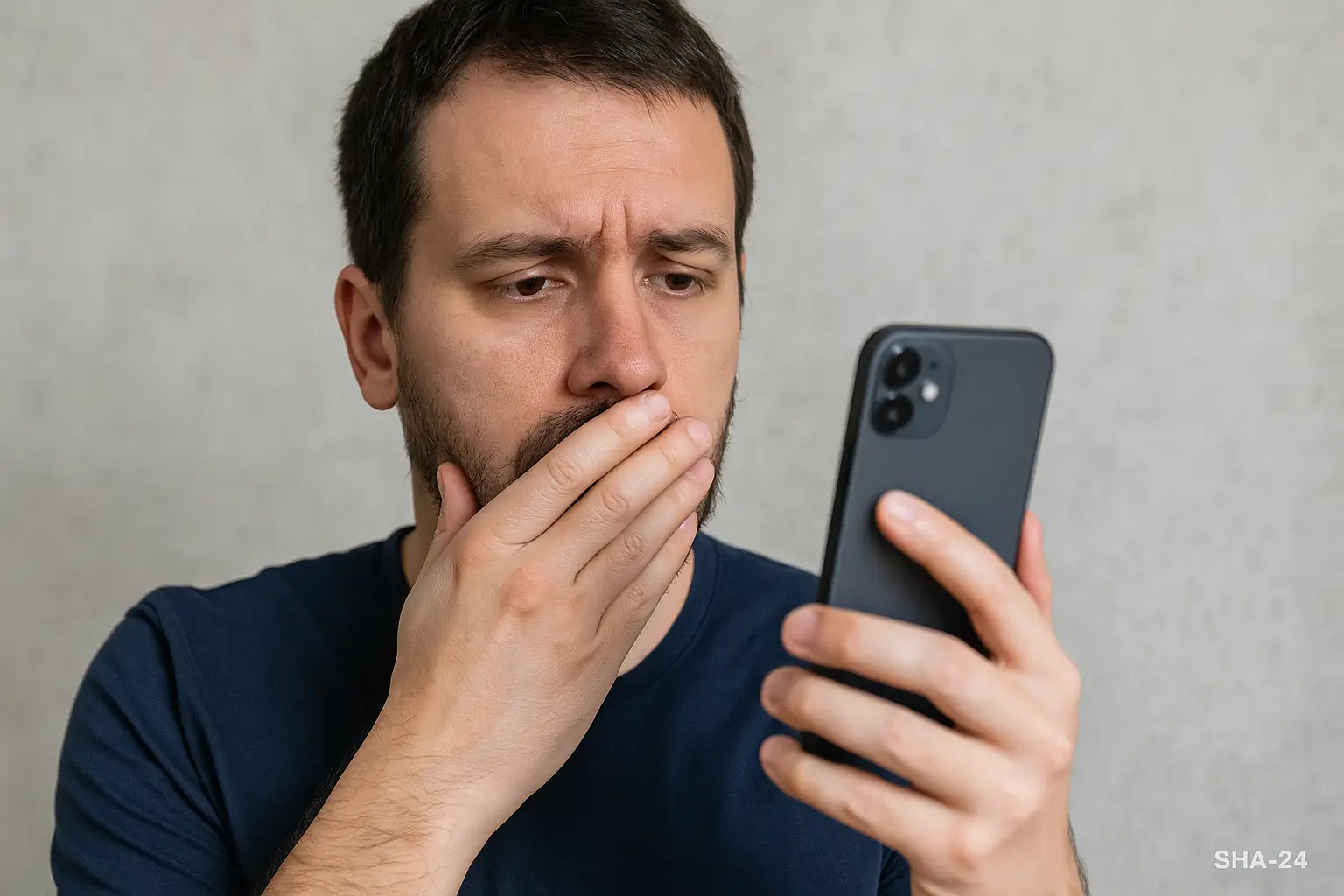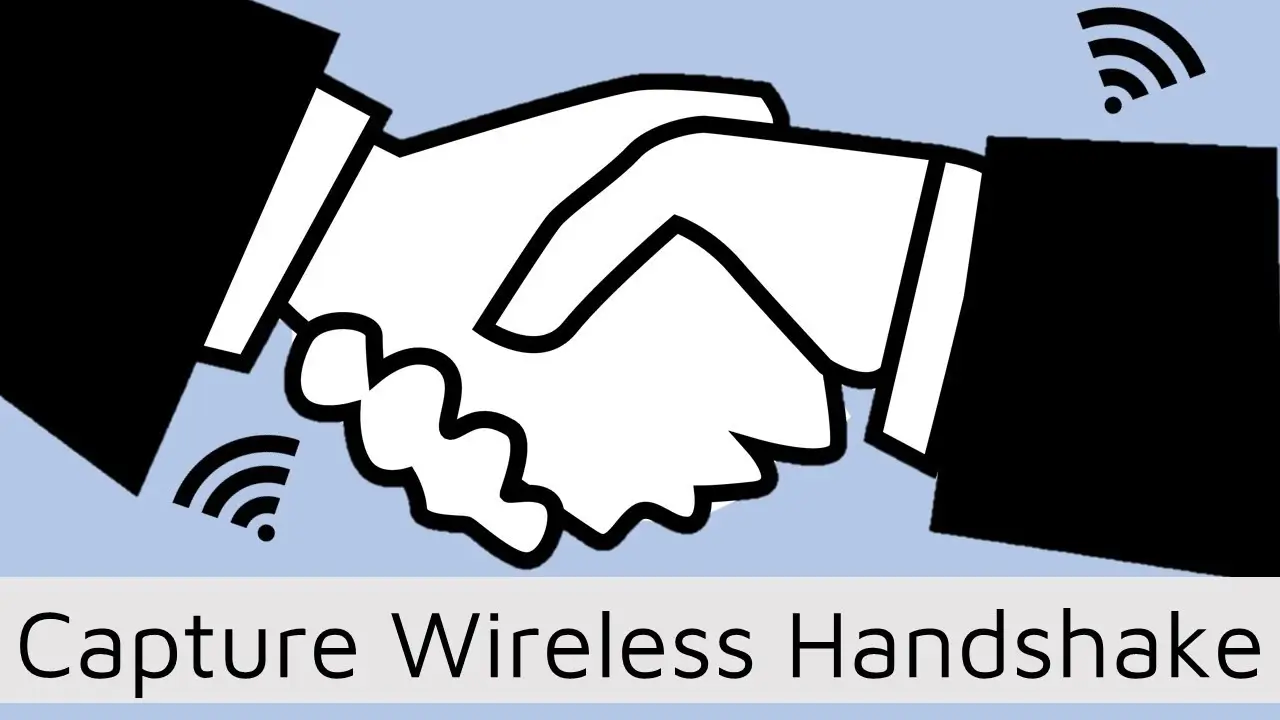Published on May 24, 2025
Is Your Smartphone Secretly Recording You? Find Out!

Have you ever had a private conversation, only to see an advertisement about it minutes later? It’s a situation that has made many people question: Is my smartphone secretly recording me? This topic has sparked widespread debates among users, tech experts, and privacy advocates. In this article, we will uncover the facts behind smartphone surveillance, how it happens, the role of technology companies, and what you can do to protect your privacy.
How Smartphone Microphones Work
Smartphones are equipped with highly sensitive microphones designed for calls, voice memos, voice assistants, and recording apps. These microphones are always physically present and ready to activate when required. However, whether they are actively listening without your consent is a more complex issue.
Key Functions:
- Voice Assistant Activation: Devices like Google Assistant , Siri , and Alexa constantly “listen” for trigger phrases like “Hey Siri” or “OK Google.”
- Background Permissions: Apps may request background microphone access for specific functions but sometimes exploit this access.
- Security Updates: Manufacturers issue regular updates to patch potential vulnerabilities, including unauthorized microphone usage.
Common Myths vs. Reality
There are many myths surrounding smartphones recording conversations. Let’s clear some of them up.
Myth 1: Phones Constantly Record Everything
Reality: There is no evidence that major companies record everything 24/7 due to massive storage, bandwidth, and privacy law constraints.
Myth 2: Ads Prove That Phones Are Spying
Reality: Ads are more likely influenced by your browsing behavior, location data, and app usage rather than direct eavesdropping.
Myth 3: Airplane Mode Prevents Eavesdropping
Reality: Some components, like local apps, might still operate even when airplane mode is enabled. Full microphone shutdown requires hardware-level controls.
The Role of Big Tech Companies
Tech giants like Apple , Google , Facebook , and Amazon have all faced scrutiny for how they handle user data.
- Google and Voice Commands: Google confirms that its devices are always listening for the activation word but insists that recordings only begin after the keyword is detected.
- Apple’s Privacy Stand: Apple promotes itself as privacy-first, stating that Siri minimizes data storage and uses on-device processing when possible.
- Facebook’s Denial: Despite persistent rumors, Facebook has repeatedly denied using smartphone microphones for ad targeting.
Still, leaks, whistleblower reports, and lawsuits have revealed that human reviewers sometimes listen to voice assistant recordings for quality control purposes.
How Smartphones Could Record Without You Knowing
Even though large companies deny secret surveillance, vulnerabilities exist that hackers or rogue apps could exploit.
Possible Methods:
- Malicious Apps: Some apps request unnecessary permissions and secretly record audio.
- Spyware: Specific spyware can activate microphones remotely.
- Phishing Attacks: Malicious links could lead to software installations that hijack your microphone.
Evidence From Research Studies
A 2018 study by Northeastern University tested 17,000 Android apps and found no evidence of unauthorized audio recordings. However, it did find that apps were taking screenshots and screen recordings without user consent.
Another research team at Stanford demonstrated that even gyroscope sensors, intended for motion detection, could pick up and reconstruct speech to a limited extent. This means that even without microphone access, some level of passive eavesdropping could happen.
Signs Your Phone Might Be Spying on You
How can you tell if your smartphone is recording you without permission? Look for these signs:
- Rapid battery drain
- Overheating without reason
- Increased data usage
- Microphone indicator staying on (modern phones show a green dot)
- Strange behavior in apps
How to Protect Yourself
If you are concerned about privacy, here are proactive steps you can take.
Check App Permissions
- Regularly review which apps have microphone access.
- Revoke permissions for apps that don’t require audio input.
Use Privacy-Focused Phones
Devices like the Librem 5 by Purism have hardware kill switches for microphones and cameras.
Update Your Device Regularly
Keep your operating system and apps updated to ensure security patches are applied.
Disable Voice Assistants
Turn off Siri, Google Assistant, or Alexa when not needed.
Install Trusted Security Apps
Use reputable antivirus and antispyware apps to scan for malware.
Physically Block Microphones
Microphone blockers can plug into your headphone jack and mimic an occupied microphone, preventing real audio pickup.
Legal Protections and Limitations
Various laws exist to protect users from unauthorized recording, including:
- GDPR (Europe): Requires explicit user consent for data collection.
- CCPA (California): Grants consumers rights over their personal information.
- Wiretap Laws: In many jurisdictions, recording conversations without consent is illegal.
However, enforcement can be difficult, especially against foreign-based apps or unknown spyware.
Future of Smartphone Privacy
As technology evolves, so does the complexity of privacy concerns.
- AI and Edge Computing: More processing is moving onto the device itself, reducing cloud reliance.
- Zero Trust Architectures: Security designs assume that no app or service is automatically trusted.
- Transparency Demands: Users are demanding more transparency and control over their data.
Conclusion
Is your smartphone secretly recording you?
Probably not—if you are using mainstream apps and a regularly updated device. However, the possibility of targeted spying through malicious apps or vulnerabilities remains real. Vigilance, good security practices, and awareness of permissions are crucial to maintaining your privacy.
Staying informed and proactive is your best defense in a world where technology is constantly evolving.





